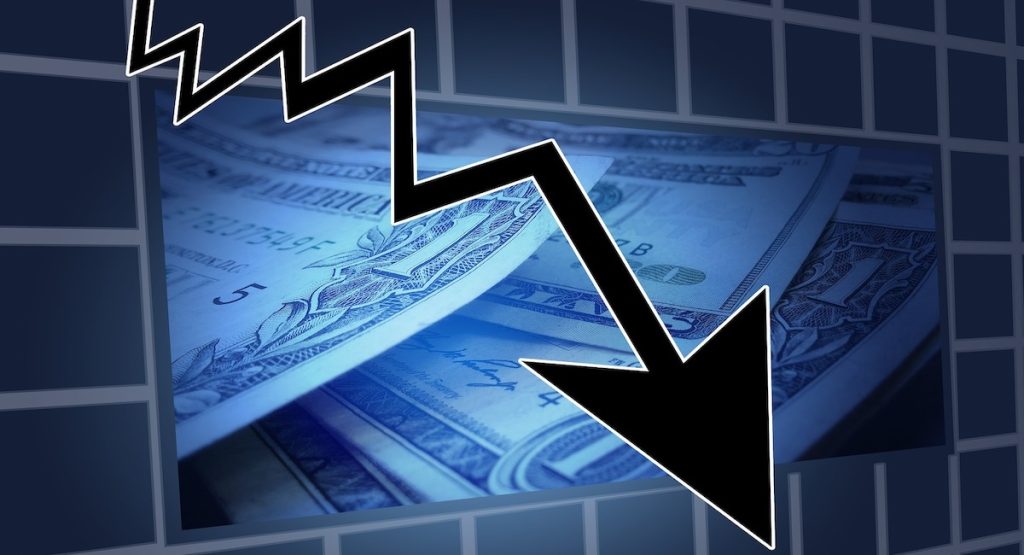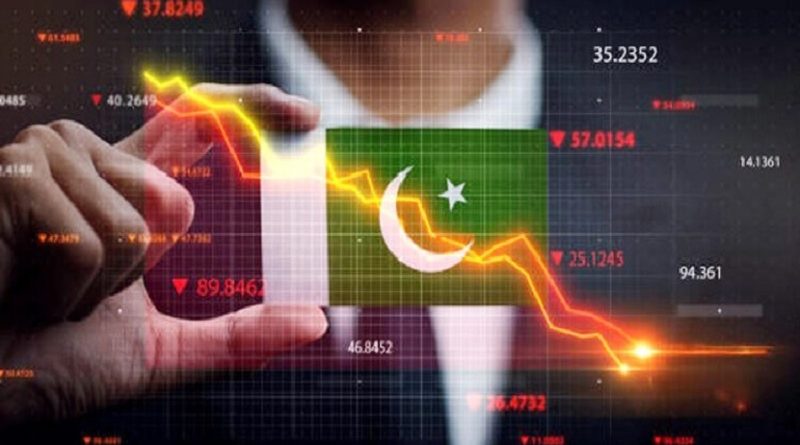Is Pakistan going Default ?
Is Pakistan going default?
Pakistan going default ,Pakistan has been facing a long-standing economic crisis, with its national debt increasing steadily in recent years. This has raised concerns about the possibility of the country defaulting on its debts, which could have severe consequences for the economy and the people of Pakistan.

Debt
Pakistan’s national debt, which stood at $62 billion in 2008, has now reached $225 billion. The country has been struggling to make interest payments on this debt, which has led to a decrease in the value of its currency and a rise in inflation. This, in turn, has affected the purchasing power of the average citizen and made it more difficult for the government to provide basic services such as healthcare and education.
Reasons of Debt
One of the main reasons for the increase in Pakistan’s debt is its high budget deficit, which has been exacerbated by low tax revenues and a large trade deficit. The country’s tax-to-GDP ratio is one of the lowest in the world, which makes it difficult for the government to raise enough funds to cover its expenses. The trade deficit, which is the difference between exports and imports, has also been growing, putting further pressure on the country’s finances.
Another factor contributing to the economic crisis in Pakistan is its reliance on external borrowing. The country has been borrowing from international organizations such as the International Monetary Fund (IMF) and the World Bank, as well as from foreign governments and institutions, to finance its budget deficit. This has increased its debt burden and made it more dependent on external sources of funding.
Attempts
In recent years, Pakistan has made several attempts to tackle its economic problems, but with limited success. The government has implemented reforms aimed at increasing tax revenues and reducing the budget deficit, but these measures have been slow to take effect. In addition, the country has been hit by several natural disasters, such as floods and earthquakes, which have added to its economic difficulties.
The possibility of Pakistan defaulting on its debts has led to increased scrutiny from international organizations and investors. If the country were to default, it could have serious consequences for its credit rating and make it more difficult for it to access international financing in the future. This, in turn, could lead to further economic instability and a decrease in the standard of living for the people of Pakistan.
Government Role
Despite the challenges faced by the country, there are some signs of hope. The government has taken steps to improve the business environment, such as simplifying the tax system and reducing red tape, which could attract more investment and increase economic growth. The country’s export sector is also growing, which could help to reduce the trade deficit and increase the government’s revenue.
On this most normal and most significant inquiry, what are we doing here and might we at any point escape such an obligation trap, the most widely recognized answer is that it appears to be far-fetched. Basically, the numbers donotadduptocomeupwitha confident result.
A gander at the financial plan deficiency, elevated degrees of expansion, absence of medium to momentary monetary preparation, and rupee degrading outcomes in no confident circumstance for the future except if there are maintained, economical and purposeful endeavors towards moderation of the previously mentioned difficulties.
In the exceptionally not so distant future, year 2023, the default on sovereign obligation by Pakistan might be stayed away from or deferred due to the previously mentioned factors; tragically, not for extremely lengthy however, except if we look inwards as opposed to outwards.
Conclusion
In conclusion, Pakistan is facing a serious economic crisis, with its national debt reaching unprecedented levels and the possibility of default looming. While the situation is challenging, there are steps that the government can take to improve the economy and reduce the risk of default. This will require a combination of reforms, such as increasing tax revenues and reducing the budget deficit, as well as attracting more investment and promoting economic growth. If these measures are successful, Pakistan could overcome its economic difficulties and secure a more stable future for its citizens.
Table of Contents
Submitted by Uzair Ahmed




